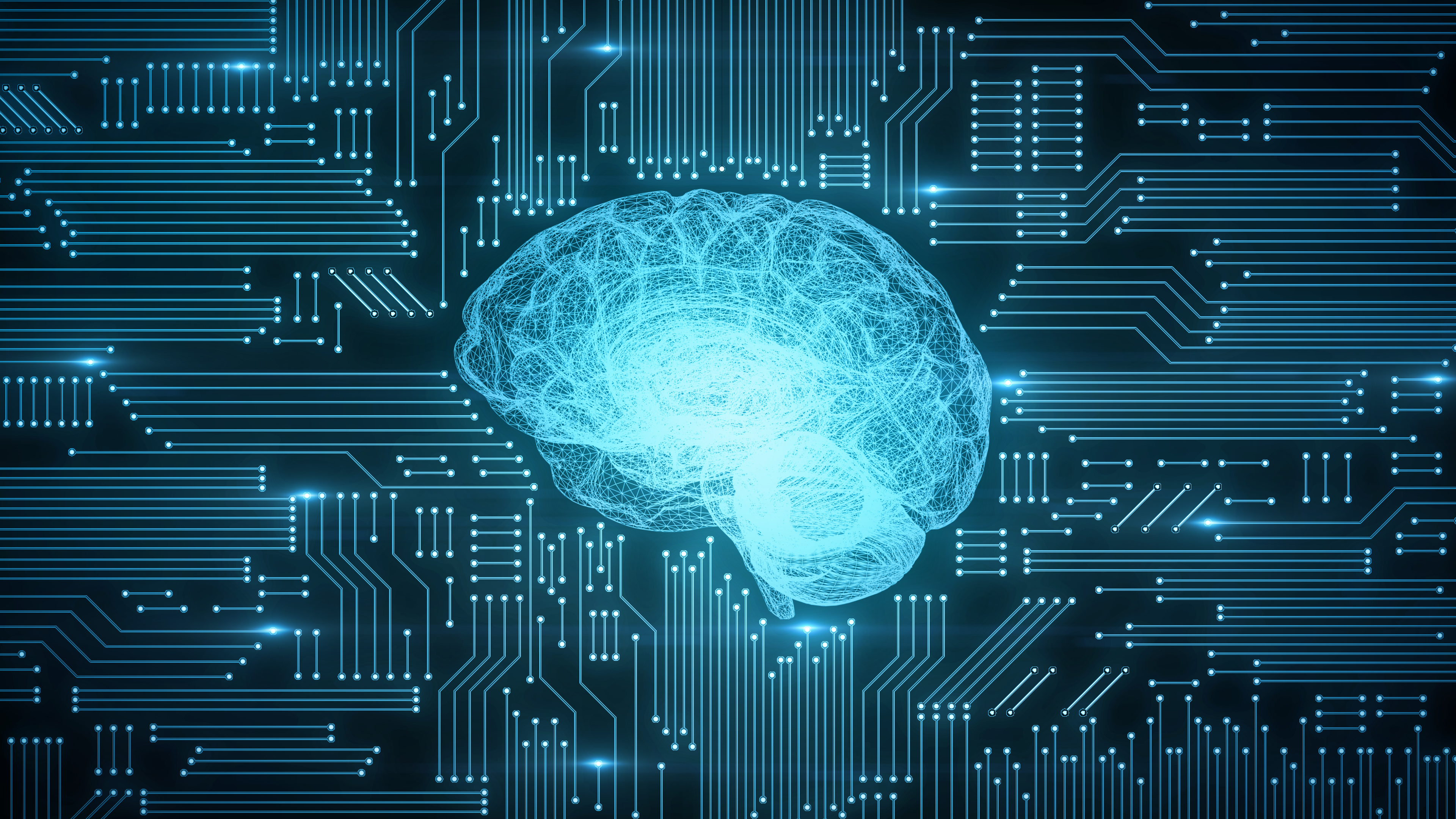
This past February, scientists from around the world joined forces to combat mental illness with “Countdown Global Mental Health 2030,” an “independent, multi-stakeholder monitoring and accountability collaboration for mental health.”
But according to one public health researcher, the effort is missing a critical element: Artificial Intelligence.
In a recent commentary, Junaid Nabi, a public health researcher at Brigham and Women’s Hospital and Harvard Medical School, pointed out that a big part of the global mental health crisis is that “globally, the supply of psychiatrists and clinical psychologists is nowhere near sufficient.”
Zimbabwe, for example, has just 25 mental-health professionals for a population of over 16 million, while even in the far wealthier United States, “almost half of the population is unable to access comprehensive mental-health care, often owing to financial constraints.”
The costs, naturally, are measured in both economic terms and in terms of the struggles significant numbers of people undergo as they struggle with issues ranging from low self-esteem to an inability or unwillingness to pursue productive opportunities.
As for solutions, Nabi says AI presents a significant opportunity, but one which has not tapped nearly to its full potential.
Take chatbots, for example.
“By mimicking natural language to sustain a conversation with a human user, these software systems could act as virtual therapists, providing guidance and support to those who have no alternatives,” Nabi argues. “A randomized control trial reported by clinical psychologists from Stanford University showed that chatbots were significantly better at reducing the symptoms of depression than an information-only approach. The sort of provisional mental-health care provided by chatbots would be particularly useful in communities with an inadequate supply of trained professionals. At a time of unprecedented access to smartphones in developing economies, Internet-based solutions would amount to a boon for mental-health accessibility.”
In Nabi’s view, it’s now up to clinicians, such as psychologists, to collaborate more extensively with AI developers. He points to the number of US universities that have already launched programs that connect experts from clinical sciences with software engineers, and he urges such partnerships be expanded to include universities in other countries, as well, “especially in countries with a large unmet need for mental-health care, in order to support the development of linguistically and culturally appropriate virtual therapists.”
To be sure, Nabi says, AI-enabled mental-health interventions shouldn’t be considered a replacement for human psychologists or psychiatrists. “A chatbot cannot, after all, project real empathy. What it can do is screen for high-risk individuals, such as those with suicidal ideation, and potentially avert destructive behavior in the short term.”
Demand and need often drive innovation, Nabi concludes. And that, he says, is precisely what mental health care could use right now.


